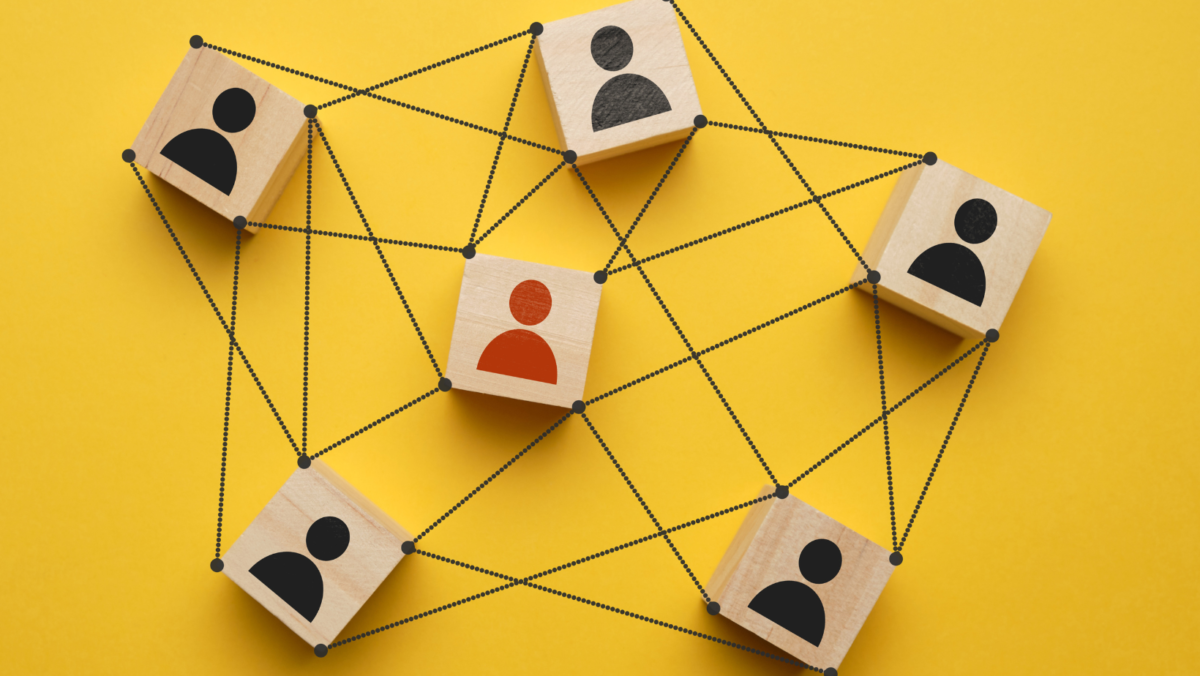Updated July 27th 2023
Has it ever dawned on you that your brain may be the best piece of technology you have?
You might ask whether we have any control over that technology that rests on our shoulders?
The answer is YES.
Brain plasticity, is a term that refers to the brain’s ability to change and adapt as a result of experience. In this technological age we live in, machines have the knowledge and know the facts. It is nevertheless down to how creatively we can use our brains to interpret and use this information to a high-level that drives our success.
This week, my colleague, Dr. Celine Mullins, is speaking at the Learning & Technologies Conference (www.learningtechnologies.co.uk) on the topic ‘Why change isn’t easy and how to help people tackle it’ Celine, together with Brid Nunn (Learning & Development Design Manager, Marks and Spencer Retail) will validate how engaging employees creatively and in a way that the brain best commits to change, makes real business sense. Positive engagement by staff inevitably leads to higher rates of customer satisfaction directly impacting on bottom line sales. Whilst all at the same time, employees are happier too!
This talk will be all about putting the employees and customers in the centre of the action. But how can we put ourselves in the centre of the action everyday? How can we engage our minds to make the best use of this technology available to us? From the latest research in neuropsychology, here are some simple no-nonsense tips:
1. Concentrate on what is working and the motivation will naturally follow When we focus on what is working more than what is not, our brains become positively charged. As a result it is less likely for negativity to set in. The brain finds it tricky to be positive and negative at the same time! When you are in this frame of mind, you will naturally be more motivated to produce really good quality work, and your colleagues and customers will enjoy being around you too. Find out what things trigger you to enjoy yourself more in general, and explore whether you can integrate them into your work in any way. That way you are creating the motivation to become the best version of yourself, inside and out. All work and no play makes Jack a dull boy!
2. Bite-sized goals (i.e. chunking down) Why clean the house from top to bottom in one evening and be so wrecked that you are not inspired to do it again for a month? The brain likes good memories of things so when we break goals or jobs into bite-sized pieces, the memory of the ‘job’ is not so bad and we are happy to take on the task again and again.
3. Keep doing it until it becomes habit If you are having fun and chunking things down, new habits (e.g. going to the gym) will become easier to repeat. The more we repeat things and the more we want to repeat things, the more hardwired the new habits become in the brain. I liken this to programming a computer! Using this approach, we are less likely to slip into bad habits again.
4. Keep the self-judgement to a minimum Finally, if you do fall off the bandwagon with a change/new habit, don’t give yourself a hard time. Negative self-chat imprisons you in your own fear and makes it difficult to take action to get back on track again. It also blocks channels in the brain from seeing solutions as it goes into blinkered survival mode. There is always a positive way to reframe a mistake or stumbling block. Just make a decision to love learning and move on! If we are not learning we are dead!
If you have just read this entire blog, you have already begun to use many of the principles of neuroplasticity. You are on your way to becoming a very ‘brainy’ person. Go forth and conquer!

